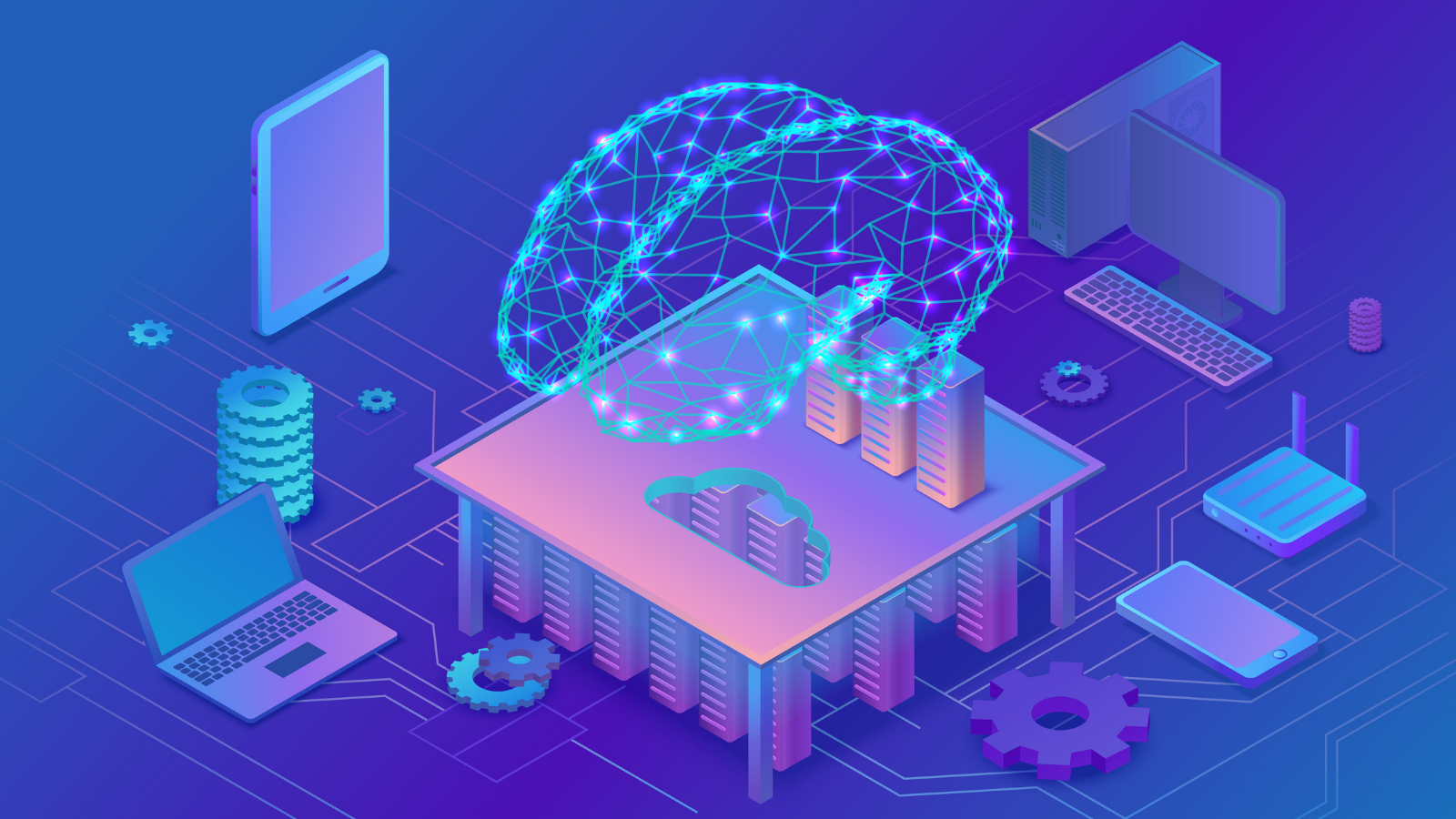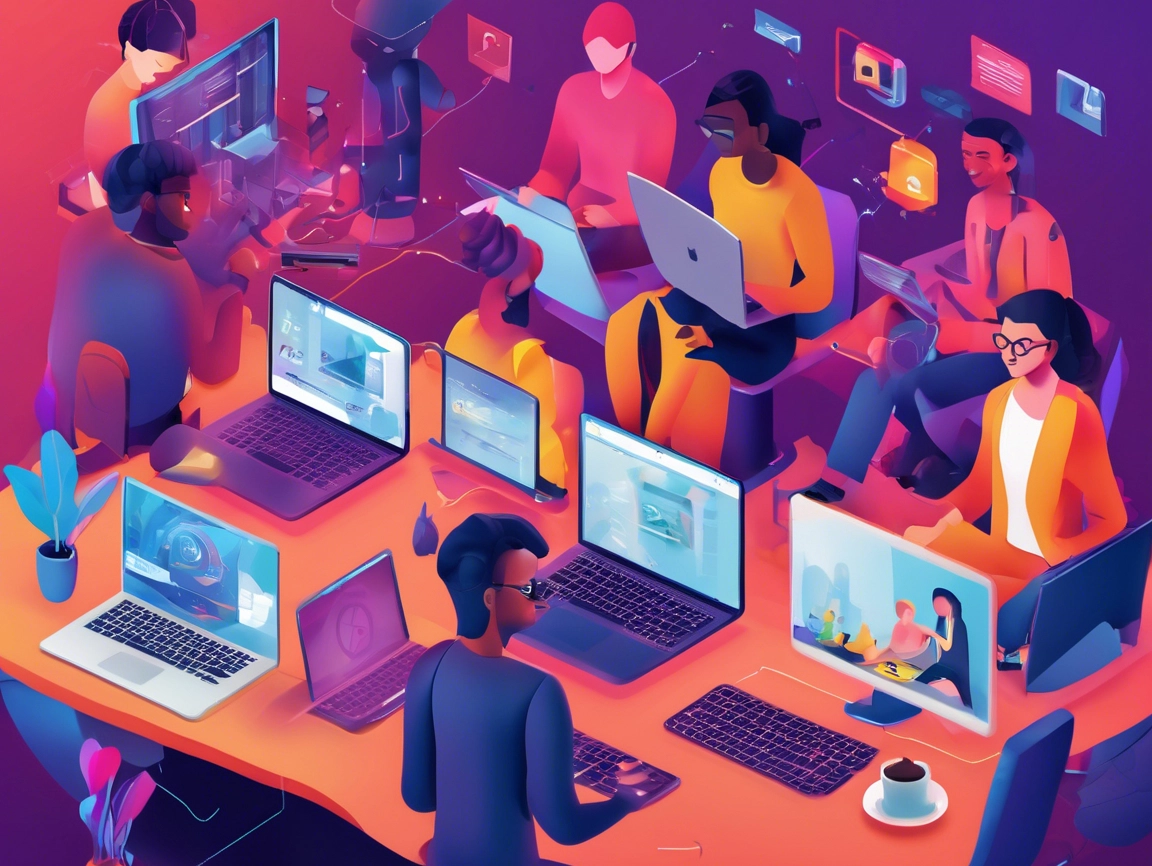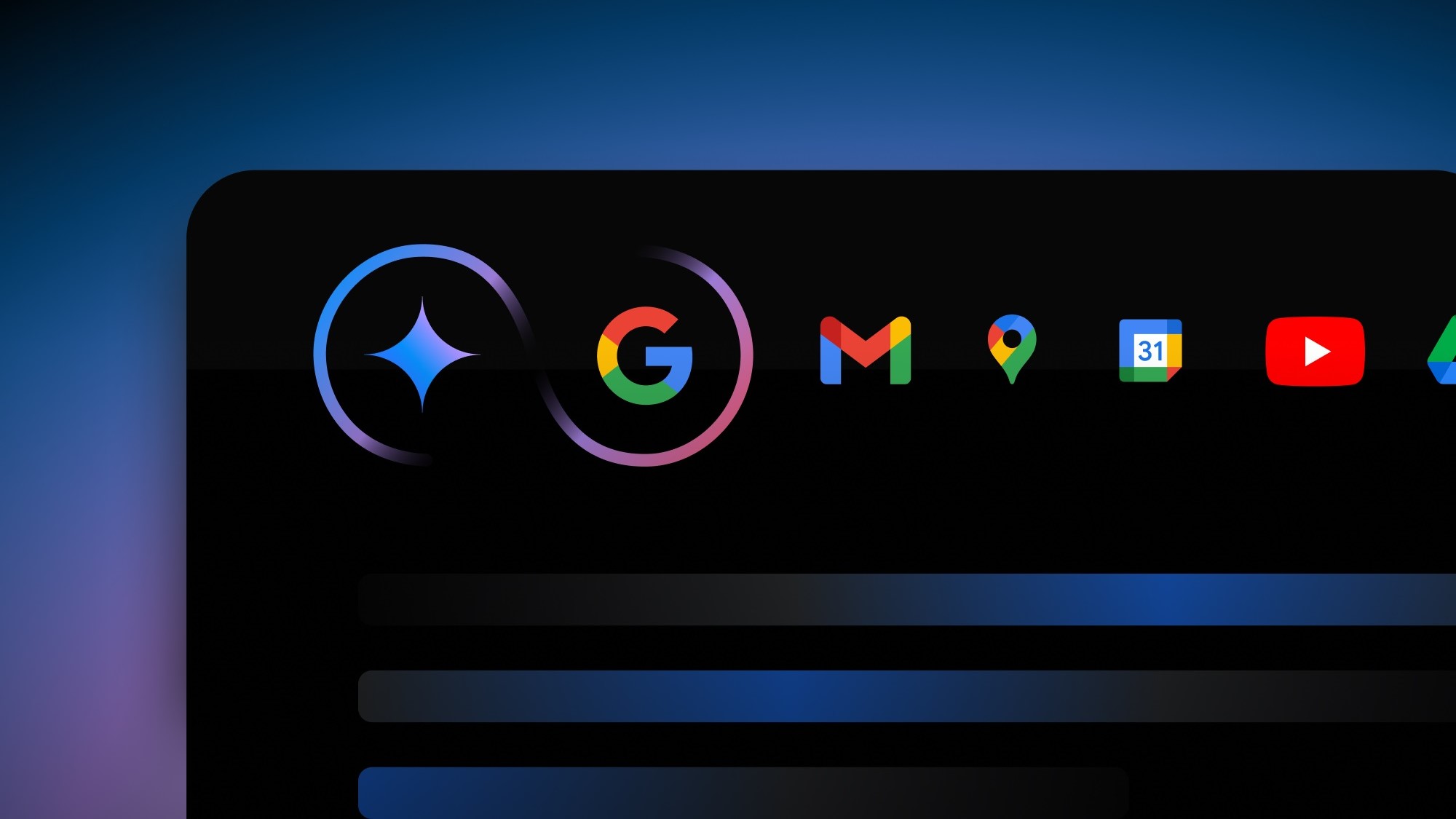Let’s explore five AI-driven apps that have the potential to disrupt the future of social platforms:
1. Replika: AI-Powered Virtual Companions for Emotional Support
Replika is a prime example of how AI can be integrated into social platforms to provide personalized experiences. This AI-driven chatbot app functions as a virtual companion, offering users the opportunity to engage in meaningful conversations, seek advice, or simply chat when they feel lonely. Replika’s conversational AI, powered by advanced natural language processing (NLP) algorithms, evolves based on user interactions, learning from every conversation to become more attuned to their needs.
The future of social media could see virtual companions becoming an integral part of social platforms, not only for emotional support but also for fostering deeper, more personalized interactions. As AI companions become more intelligent, social media could shift from mere content-sharing platforms to more dynamic spaces where users engage with personalized, always-available virtual beings that cater to their emotional well-being.
How Replika is Disrupting the Social Landscape:
- Emotional Connection: Replika creates an intimate, emotionally supportive environment.
- AI Personalization: The app learns from every user interaction, offering increasingly tailored conversations.
- Virtual Companions: AI avatars evolve into personalized companions that could become key social tools.
2. Lensa: AI for Augmented Photography and Personal Branding
Lensa, an AI-driven photo editing app, has grown in popularity due to its ability to transform user images with stunning effects and enhancements. It uses advanced AI techniques to analyze facial features, adjust lighting, and optimize images to create visually striking photos. Lensa’s ability to quickly apply intricate edits—such as enhancing skin tone, removing imperfections, or even changing backgrounds—without requiring any manual effort is revolutionizing how individuals present themselves on social media.
In a world where visual content plays a crucial role in personal branding, apps like Lensa are making it easier for users to create professional-quality content with minimal effort. As the AI behind Lensa continues to improve, the future of social media could see highly customized and polished profiles being the norm, allowing users to shape their online presence more effectively.
How Lensa is Shaping the Future of Social Platforms:
- Easy Personal Branding: Simplifies the creation of visually appealing profiles.
- AI-Powered Image Enhancement: Quickly applies complex edits that once required professional skills.
- Instant Visual Appeal: Elevates personal content and enhances the way users are perceived online.
3. FaceApp: Redefining Social Media through Deep Learning and Face Manipulation
FaceApp is a popular AI-driven mobile application that leverages deep learning algorithms to manipulate faces in photos. It allows users to see what they might look like at different ages, with varying colors of hair, or even with gender-swapped appearances. The app’s technology uses convolutional neural networks (CNNs) to create highly realistic transformations.
While the app initially gained attention for its novelty, its technology is a glimpse into the future of personalized social experiences. As AI continues to evolve, FaceApp-like technology could be integrated into social platforms to provide more immersive and interactive user experiences. Users could upload photos and receive real-time facial modifications, creating personalized content that can be shared with friends or followers.
How FaceApp Could Change Social Platforms:
- Real-Time Content Creation: Allows users to transform their appearance in real time, offering new ways to interact.
- AI-Generated Imagery: Deep learning provides highly realistic and creative results that were once unimaginable.
- Augmented Reality: Potential for creating more dynamic AR experiences that allow users to express themselves in novel ways.
4. Socratic by Google: AI-Powered Learning and Community Engagement
While social platforms have traditionally focused on entertainment and networking, education-driven social interactions are gaining ground. Google’s Socratic app is an example of AI being used to foster learning and knowledge-sharing within a social context. The app uses AI to help students solve problems, explain complex concepts, and understand various subjects better.
Socratic utilizes machine learning and optical character recognition (OCR) to provide detailed explanations and step-by-step solutions based on users’ questions. By integrating such educational AI apps into social platforms, the future of social media could witness the rise of knowledge-sharing communities, where users interact not only to socialize but also to learn and share insights on a variety of topics.
Impact of Socratic on Future Social Platforms:
- Educational Communities: Social media could transform into learning hubs, where users share insights and help each other solve problems.
- AI-Assisted Learning: AI-powered tools can support learning, making social interactions more informative and collaborative.
- Real-Time Assistance: Immediate, AI-generated help provides users with answers and explanations instantly.
5. AI Dungeon: Reinventing Storytelling and Creative Expression
AI Dungeon is an interactive storytelling app powered by AI, where users can create and experience dynamic, evolving stories. Using GPT-3 (Generative Pre-trained Transformer) models, AI Dungeon can generate complex narratives based on user input, allowing for limitless creativity. This AI-driven app enables users to become characters in their own personalized stories, collaborating with AI to guide the plot in a manner tailored to their preferences.
As AI technology continues to advance, social platforms could adopt similar immersive storytelling applications, allowing users to engage with content in entirely new ways. Users could collaborate with AI to create dynamic, evolving narratives shared within social groups or communities. The future of social media could see platforms evolving into spaces where creativity and storytelling are central to user engagement.
AI Dungeon’s Impact on Social Platforms:
- Immersive Storytelling: AI enables users to create and experience unique, personalized narratives.
- Collaborative Creativity: Social media could shift towards spaces where users collaboratively create stories and share experiences.
- Interactive Content: AI-driven apps like AI Dungeon could make social interactions more engaging by blending storytelling with real-time content creation.
Conclusion: The Future of Social Platforms Is AI-Driven
The potential of AI to revolutionize social platforms is undeniable. The five AI-driven apps discussed—Replika, Lensa, FaceApp, Socratic, and AI Dungeon—offer glimpses into how AI could redefine user experiences soon. From virtual companions to personalized image enhancement and interactive storytelling, AI is poised to create more dynamic, immersive, and personalized social environments. As these technologies continue to evolve, they will pave the way for new kinds of online interactions and redefine what it means to connect with others in the digital age.
By integrating AI into social platforms, companies can provide users with experiences that are not only more engaging but also more reflective of their individual needs, preferences, and emotional states. In the future, social platforms might be more than just places for content sharing—they could become deeply personalized, immersive, and intelligent spaces that adapt to the ever-changing needs of their users. The AI-driven apps of tomorrow will not only change how we interact online but also how we experience social media altogether.






